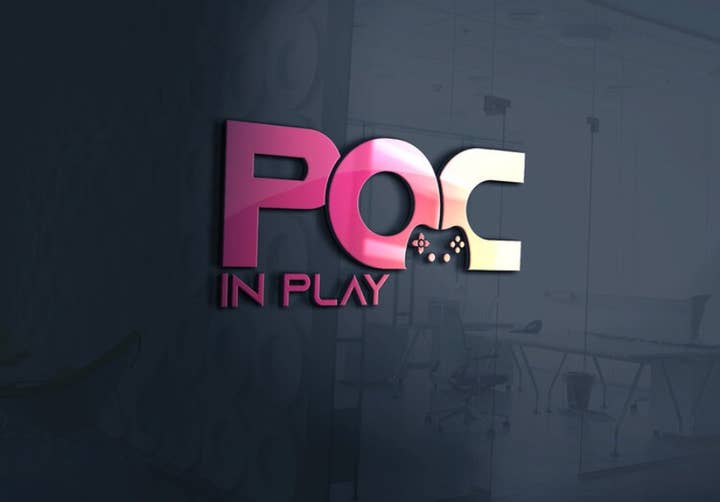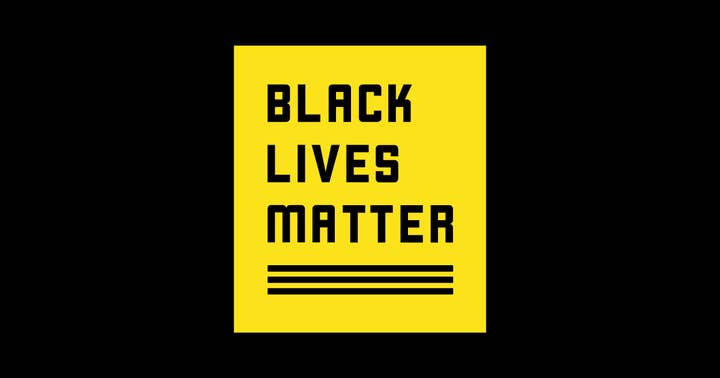How the games industry can put its diversity pledges into action | Opinion
The industry's diversity problems aren't new, but willing developers have all the tools they need to take action
Like many people, I've been heartened to see the steadily growing list of video game publishers and developers donating to groups such as Black Lives Matter and the National Association for the Advancement of Colored People. From the success of Itch.io's Bundle For Racial Justice and Equality with more than $8 million in donations, to charity streams organised by video game publications, it's been a strong show of support all around.
The money pledged is a great reaction to an immediate problem -- that of Black protesters and victims needing monetary support to fight for their rights. However, it makes me wonder if this momentum can be translated to an actual increase in diversity within the industry itself.
The numbers aren't good: In an IGDA survey from 2017, 1% of participants identified as Black, a figure virtually unchanged from the year prior. UKIE's own 2020 industry census offers higher figures overall, although those only narrowly break into double digits because the census collects different ethnicities under the BAME label. Diversity programs aren't a new invention, and yet the IGDA Developer Satisfaction Survey 2017 found that 28% of studios haven't implemented any such measures at all. While in the same survey 96% of the companies using diversity programs reported them to be somewhat successful, the overall consensus across different industries is that measures such as bias training in hiring managers isn't successful.
It's not the number of available positions that makes it difficult for Black developers to be hired, but the bias against them
Diversity training fails because unconscious bias is often, well, unconscious. When assuming that it will take years for the industry to become more diverse, many people think it's because the jobs don't exist or people aren't applying for them -- like it's just a matter of white developers giving up their seats. In reality, many steps can be taken right now.
With many companies hiring on a project to project basis, and the workforce made up predominantly of young people, it's not the number of available positions that makes it difficult for existing Black developers to be hired, but the bias against them. When a company prescribes mandatory diversity training, it is often rejected precisely for being mandatory. Even when not outright rejected, diversity training is often a passive process where rules are taught but subsequently not put into action. Companies should keep a record of hiring processes to spot bias and regularly review their approaches, because internalising a pro-diversity mindset does take effort.
Attracting more Black people into the gaming industry only works with a proactive approach, as the message the overall industry often brings across is that Black people aren't welcome -- largely because there are disproportionately many white people. As a result of this, mentorship and networking are two possible avenues for individuals.

Networking should be done with intent. The lists of names on social media are impersonal and likely to be collected and forgotten about. Instead, developers interested in working with Black people should reach out actively and find out more about someone's resume and current projects. We remember people not by being a name on a list, but by knowing what they're actually about. Similarly, mentorship is more than offering people to message you. It means building a relationship with someone to the point you know them well enough to provide them with actual meaningful contacts, whether that's a company or a member of your network.
On a company-wide level, outreach to Black communities is just as important. Studios need to examine the availability of mentorship programs and internships, whether Black people are aware of them, and whether or not the language in your internship and job adverts is inclusive. Currently, the Canadian studio Capy provides a great example of an inclusive job advert with its new mentorship scheme. Racial diversity initiatives around the world, such as POC in Play in the UK, can also help connect people and projects quickly and provide a social space for people of colour besides.
A studio's willingness to inspect its company culture is just as important as hiring Black developers in the first place
The real problem doesn't lie with finding resources if a studio, publisher or individual is willing to put the time in. It's the refusal of thinking of diversity as an absolute necessity in the games industry that hinders its growth, a refusal itself based on the faulty assumption that consumers are predominantly white, or, perhaps more damaging, that Black characters and their storylines can be created by white teams without input from Black people. While sensitivity readers and community feedback specifically from Black players are vital tools at present to ensure accuracy, teams without any Black employees tend to unwittingly enforce stereotypes, as has just happened at the reveal of Neostream's Little Devil Inside.
The reaction by the development team has been great, but it underscores the need for Black game developers. Publishers could make it their goal to invite more diverse game pitches or work with more diverse teams, so that steadily more is done to normalise not only the existence of diverse teams, but diverse content as well.
A studio's willingness to inspect its company culture is just as important as hiring Black developers in the first place. The games industry is still a space with widespread racism. Riot Games exec Ron Johnson's inflammatory comment on George Floyd led to his resignation, but such a comment isn't an isolated faux-pas. Rather, the fact that Johnson felt comfortable enough to publicly utter it hints at systemic issues worth looking into. Thankfully, Riot Games took a stand, but this is a company that hired a chief diversity officer following allegations of sexism at the company. It makes me feel that the issue of diversity could use further investigation.

The case of Riot Games, and the lack of similar scrutiny around the allegations of a toxic studio culture at Quantic Dream, show studios do need to be held accountable on many issues, including diversity. Releasing low figures for Black game developers in a census isn't enough. Companies need to be open to feedback and more transparent about their culture, and industry bodies and journalists alike need to check in to see if measures for more diversity are actually being taken.
Following the 2020 UKIE census, several companies have made pledges for greater diversity, and we need more metrics than just the mere existence of Black developers to see whether such pledges are being upheld. Studios need to be monitored from the outside rather than the inside, because Black people who speak up against the potentially racist culture at their own workplaces are at risk of falling victim to bias. No matter how open-minded company leadership may be to the idea that racism exists, bringing it up is always a potential point of conflict. Just speaking up as a minority holds the risk of being singled out or simply ignored.
That's why I also see studios with a co-op model as a great way to ensure equality and give black developers a way of speaking up without having to fear the repercussions intrinsic to a top-down company structure. Co-op game studios exist in developers such as Infinite Fall and KO_OP, but I'm not aware that they have any Black people or people of colour in general working for them. It's also worth highlighting in this case that both Infinite Fall and KO_OP did release statements supporting the Black Lives Matter Movement, and had their games in the Itch.io Bundle for Racial Equality.
Many Black creatives become independent from AAA companies because those companies at large are still failing them. It's evident in all manner of things, such as the pay disparity evident in the #GameDevPaidMe hashtag on Twitter, big companies like Valve not releasing statements in solidarity with Black people to little backlash, no Black CEOs in the AAA space, and the lack of Black designers showcasing games at presentations, as the recent PC Gaming Show demonstrated.
Being a Black developer in a predominantly white space is lonely. The only show of solidarity that they profit from is a commitment to examining systemic racism in the gaming industry and eradicating it.

